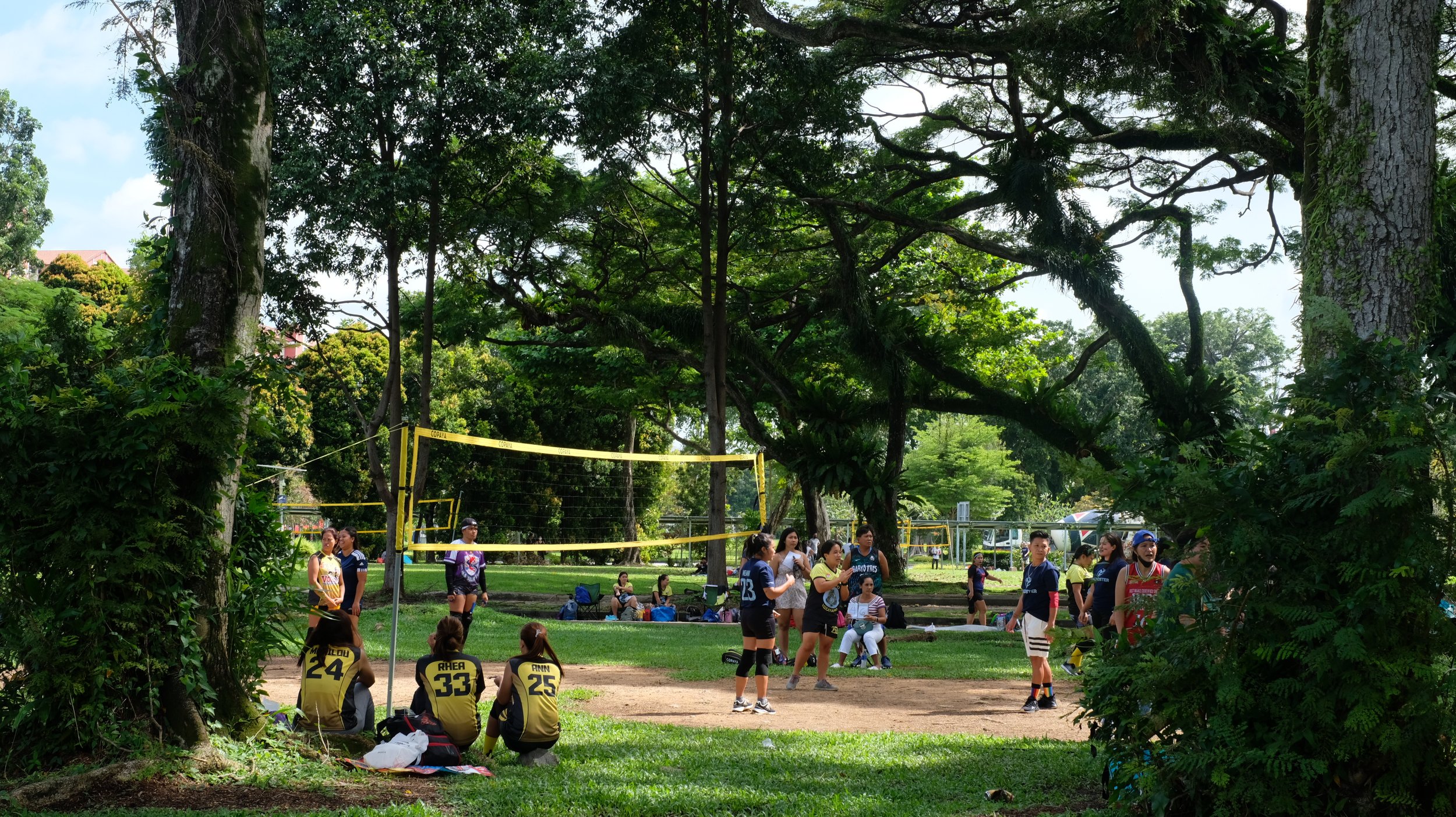About our research
The COVID-19 pandemic highlighted the importance of public space and leisure in strengthening individual and community well-being. This project investigates the potential of informal sport in fostering social resilience and cohesion in marginalised migrant communities by analysing how social outcomes are shaped by public spaces and built environments in three global city contexts - Sydney, Singapore and London.
Informal sport involves team sports like basketball, soccer, cricket and volleyball where players turn up on a ‘turn up and play’ basis - there are usually no membership fees, and teams are often a configuration of regulars and newcomers. They mostly occur in public spaces like parks but sometimes on formal sporting fields or courts and fees are shared.
Our research explores how informal sport and leisure in public spaces enables vulnerable and marginalised migrants to gain sense of urban belonging in diverse global cities.
Expected outcomes and benefits of our project include qualitative evidence of the dynamics that contribute to the formation of successful neighbourhoods and communities, related policy and urban planning recommendations and an enhanced capacity to build urban citizenship among our cities’ growing and vulnerable multicultural migrant populations.
Research funded by:
Australian Research Council Discovery Project DP220100196
Chief Investigators: Amanda Wise, Selvaraj Velayutham & Kristine Aquino
Project title: Social Resilience, Migrant Integration and Informal Sport in Public Space.
Research Aims
-
Establish the extent to which informal team sport fosters social resilience and social capital among new migrants and how does it lead to positive social outcomes beyond the sporting field.
-
Understand how informal sport shapes and responds to modes of inclusion and exclusion of migrants and what kinds of urban citizenship emerge from informal sporting participation.
-
Through international comparison, gain insight into how different traditions and trends in the design and use of the built environment and public space shape opportunities for informal sporting participation.
-
Understand the ways in which regulation, urban governance and privatisation of leisure spaces impact access to informal sport and leisure and the benefits that accrue from participation in these activities.
